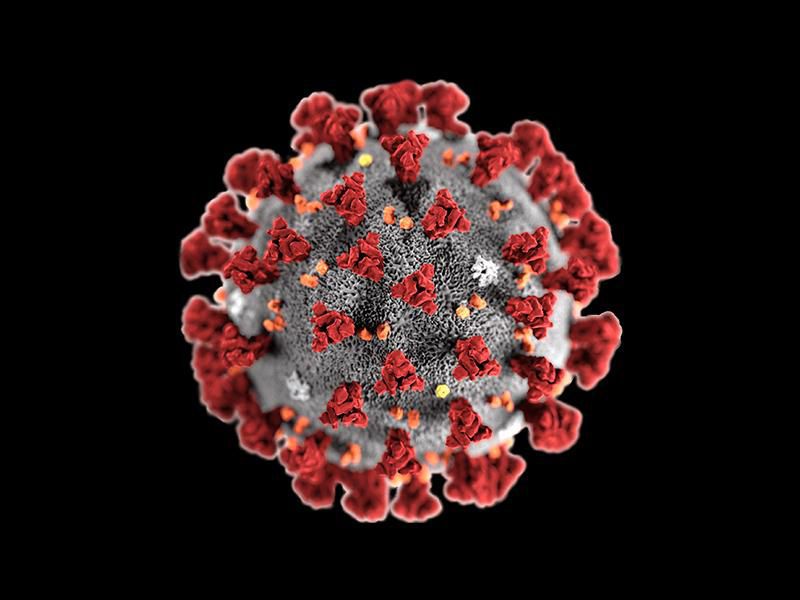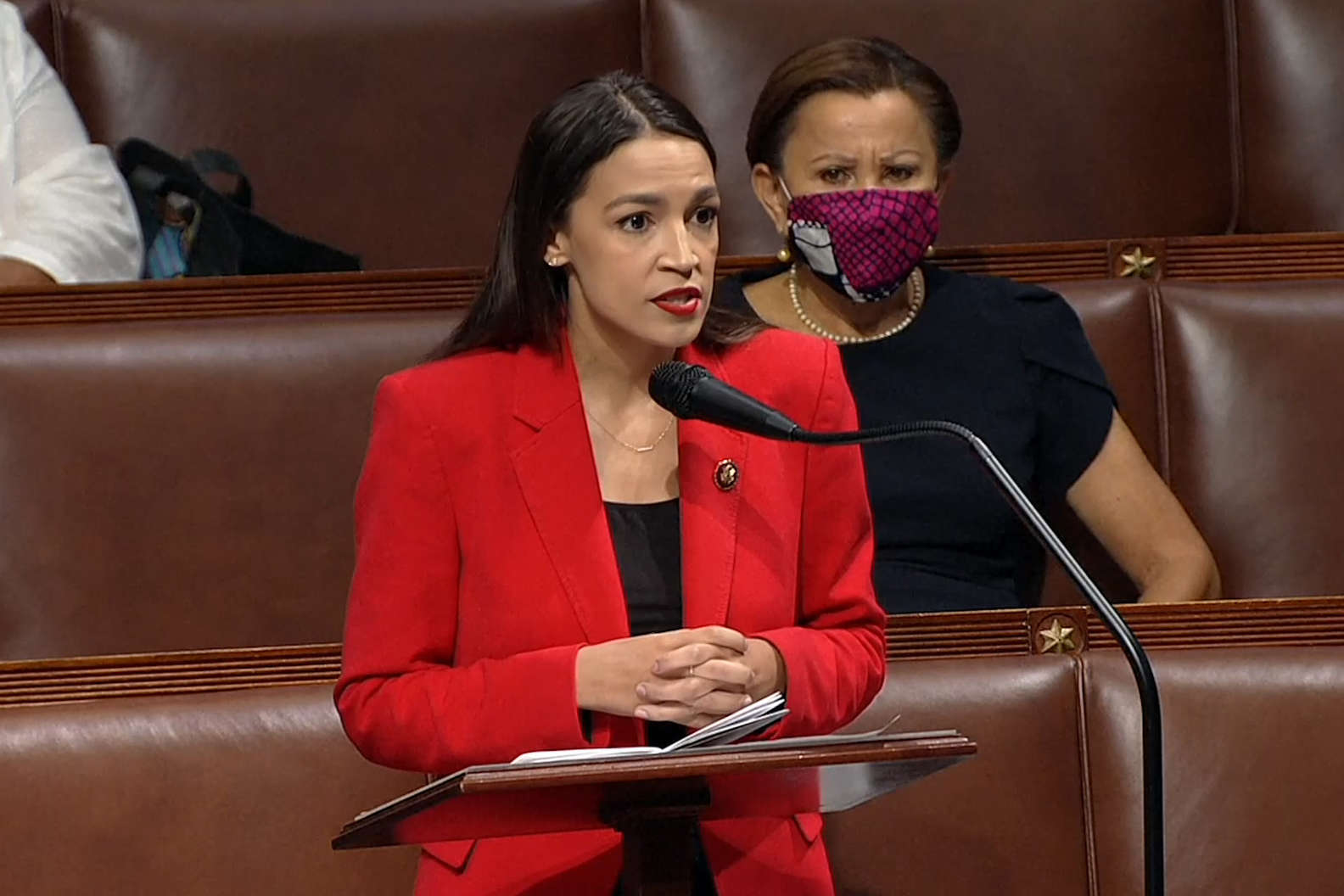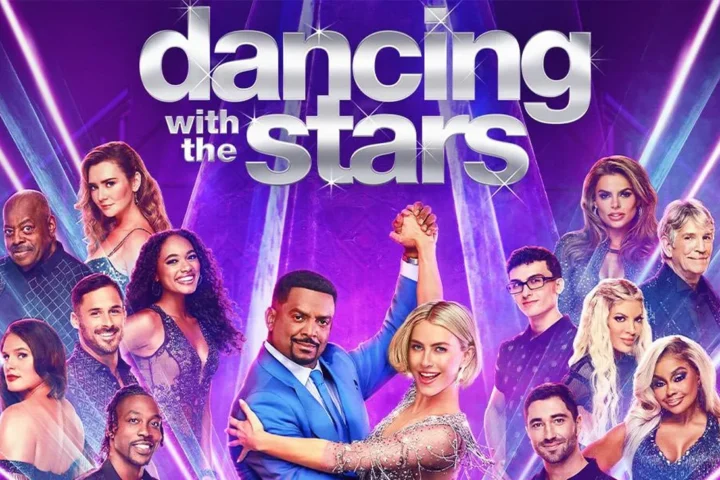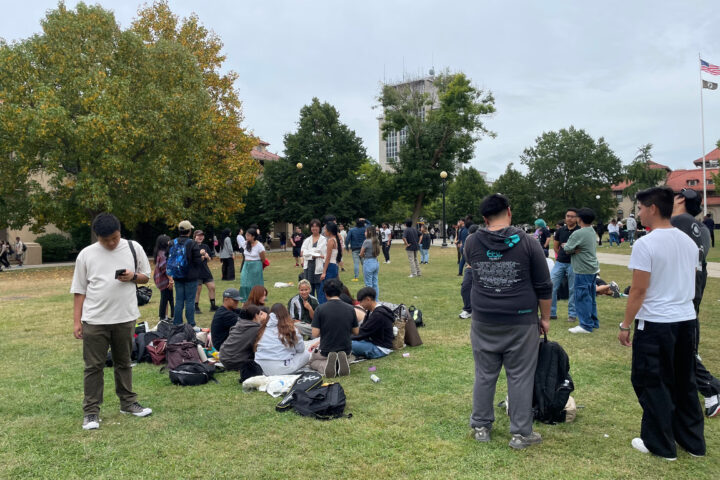COVID-19. Just reading the phrase might cause you to sigh, roll your eyes and long for the days when we freely roamed the world. The pandemic has resulted in a significant decline in mental health, due to the state-enforced quarantine and fear of becoming ill.
The Knight News sat down with Dr. Barbara Moore, a psychologist at the Queens College Counseling Center, for her take on the emotional state of the average person. Moore explained that the prominent emotions amongst individuals during the pandemic are sadness and hopelessness coupled with anxiety about the future. Additionally, she emphasized the dangers of social isolation, noting that, “Some countries like Britain consider loneliness a high risk factor for suicide and has instituted programs to help its citizens.”
In spite of all the negative factors, Moore discussed some of the positive social outcomes of the COVID-19 pandemic. “Many of the students I spoke to did really well in their courses… perhaps this was partially due to being home and not having other distractions, and having more time to do their schoolwork.” Moore also added, “Some students I spoke to have a lot of contact with their friends. They’ve had some fun activities like movie nights and deep conversations about what they were all going through. Some students formed their own support groups with people in their own classes.”
A recent study conducted by Kaia Health, a german based digital therapeutics company, seconds the notion that there are positive social outcomes to COVID-19. The study was conducted as a survey throughout several countries. The participants were classified into two groups: one with low anxiety and social isolation, and another with high anxiety and high social isolation.
The study claims that nearly 50% of people with high anxiety and social isolation reported an improved relationship with family and friends. At first glance, this may seem like a positive statistic. Moore was quick to point out that, “Despite the fact that subjects with high isolation and high social isolation reported improved relationships, this negatively correlated with their mental well being, as reported by the study.”
Junior Psychology major, Cayla Kempf, did not note a decline in her mental well being, but agreed with the study that the relationship between her family and friends improved. Kempf also mentioned that she’s recently taken the time to sharpen her cooking skills. Senior biochemistry major, Jacky Fan, agreed with Kempf, but also noted that during this pandemic, people have become increasingly distant.
It’s not shocking, though, that, in this era of social media usage, people are isolating themselves. “It’s important not to read too many Twitter feeds. I think that using social media, reading every article that you possibly can can decrease your sense of control and make you feel much more helpless,” said Moore.
Towards the end of the interview, Moore emphasized that, “As peoples’ anxiety about going outside diminishes, any kind of volunteer work is best to help alleviate those feelings.”














